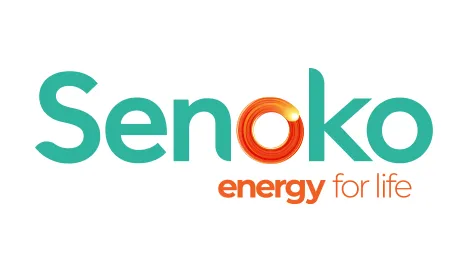
Senoko Energy opens first-ever solar energy trading platform SolarShare 2.0
The launch will accelerate Singapore’s green energy transition to net zero by 2050.
Senoko Energy introduced SolarShare 2.0, the first-ever commercially available peer-to-peer grid-scale solar energy trading platform in Singapore.
The revolutionary platform is designed as a marketplace where businesses and households will be able to purchase and promote their own solar energy resources at a negotiated price, aiming for solar power to be affordable. Senoko customers can buy the amount of energy required for their generators from an array of sources on the platform.
One of its main features is the components that track the source, time, and price of solar energy over the grid, and the ability to measure energy consumption. It will give leeway for customers to monitor their electricity usage and its carbon footprint.
ALSO READ: Senoko Energy to explore imports, supply of hydrogen power in Singapore
“By enabling consumers to measure and trace their carbon footprint, they will not only be able to better understand how they can be more efficient but importantly, be able to take charge of their energy consumption,” James Chong, Senior Vice President of Commercial of Senoko Energy, said.
After the positive reception of its prototype in 2020, SolarShare 2.0 looks to target businesses and households with its 24/7 sustainable green energy and modernise the country’s energy landscape through reliance on renewables.
SolarShare 2.0 will be available to customers of Senoko Energy by 1 November 2023, with a subscription fee of $3.93 (S$5.40) per month.
$1 = S$1.37






![Cross Domain [Manu + SBR + ABF + ABR + FMCG + HBR + ]](https://cmg-qa.s3.ap-southeast-1.amazonaws.com/s3fs-public/styles/exclusive_featured_article/public/2025-01/earth-3537401_1920_4.jpg.webp?itok=WaRpTJwE)
![Cross Domain [SBR + ABR]](https://cmg-qa.s3.ap-southeast-1.amazonaws.com/s3fs-public/styles/exclusive_featured_article/public/2025-01/pexels-jahoo-867092-2_1.jpg.webp?itok=o7MUL1oO)









 Advertise
Advertise


